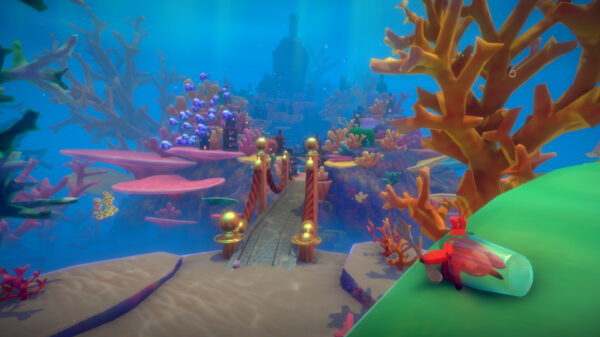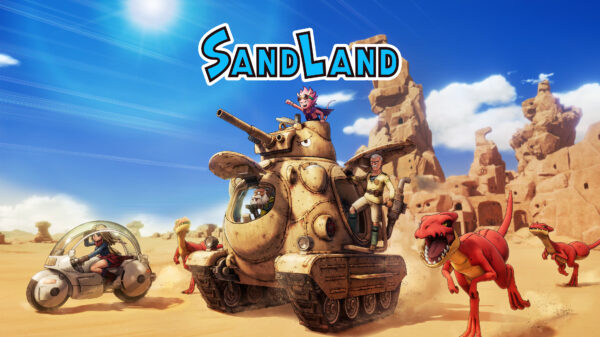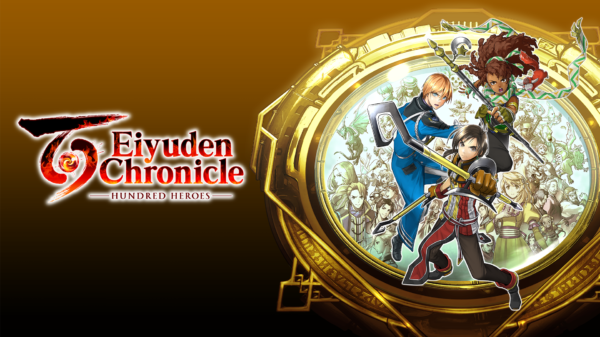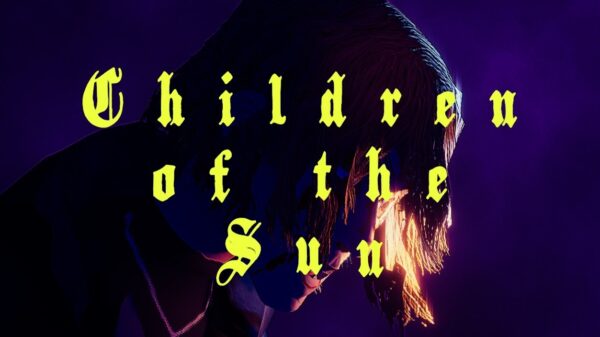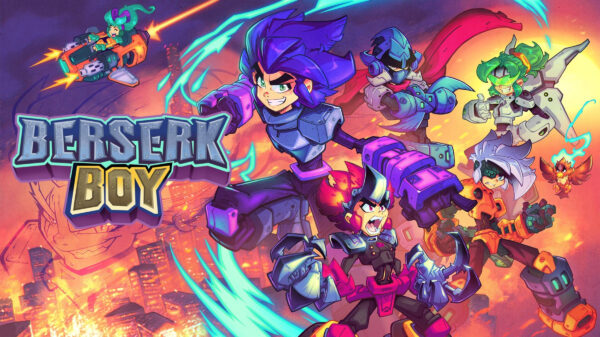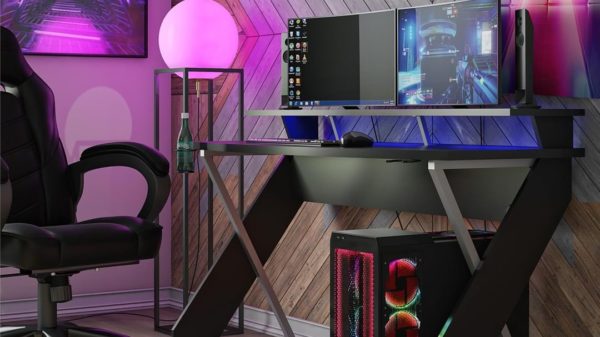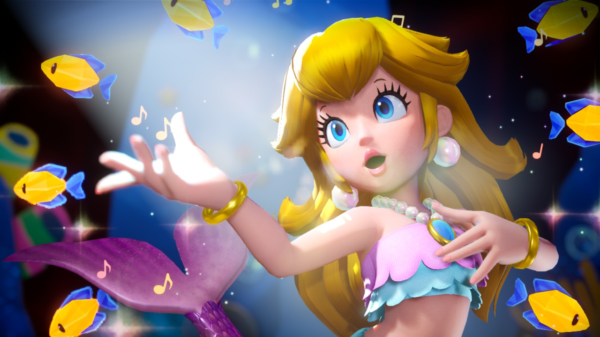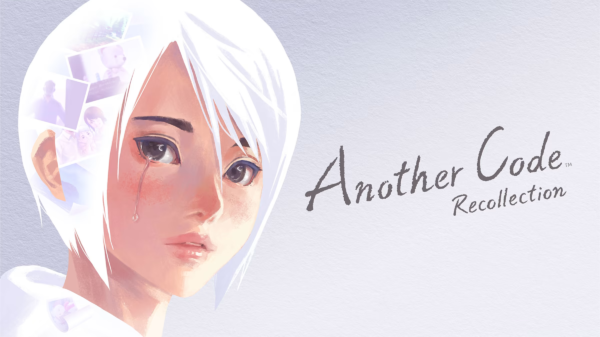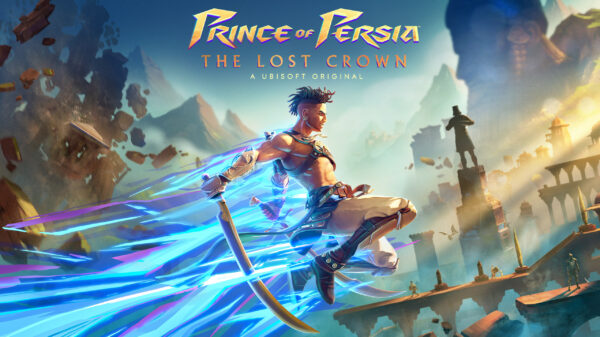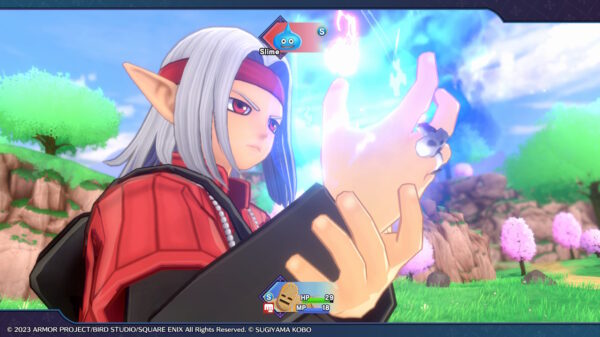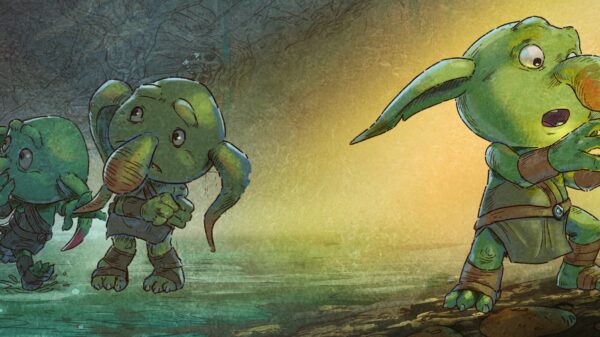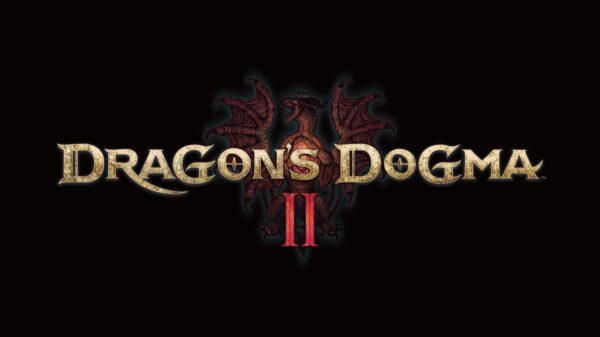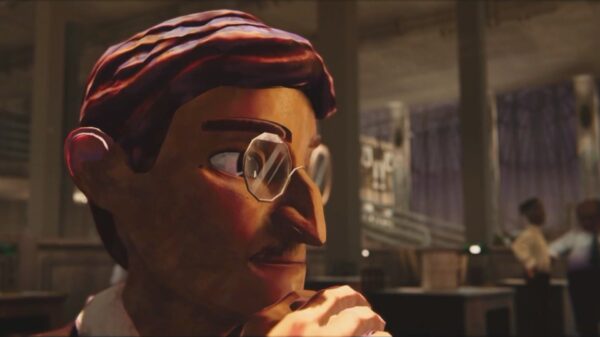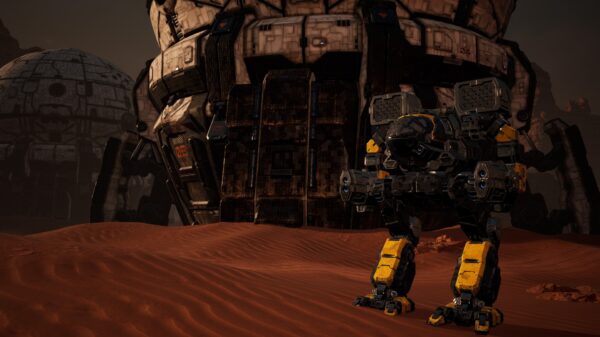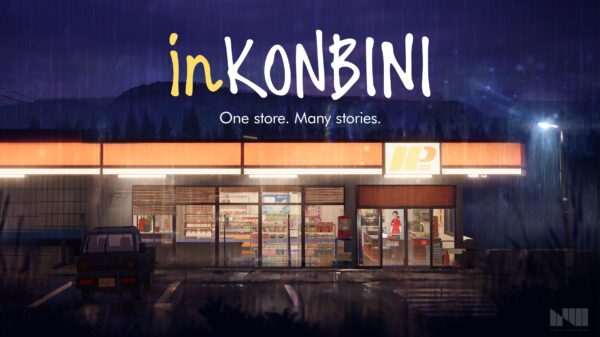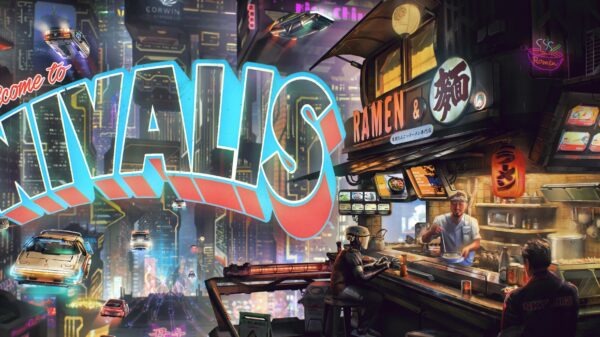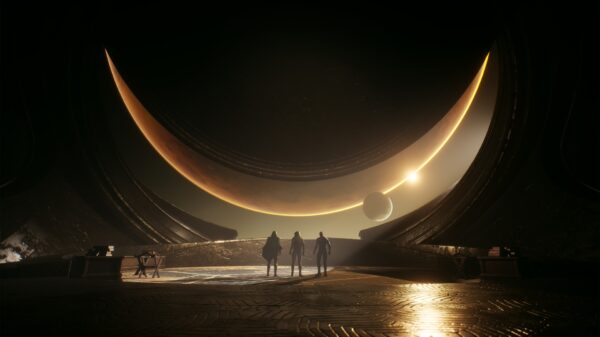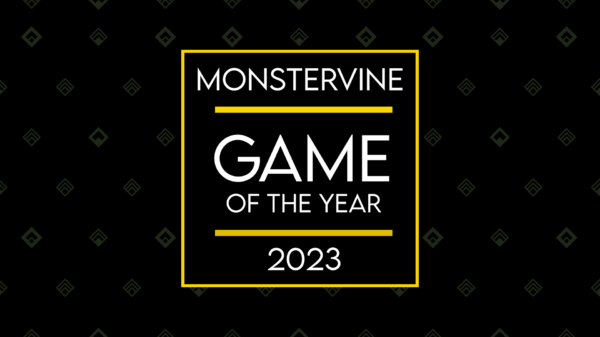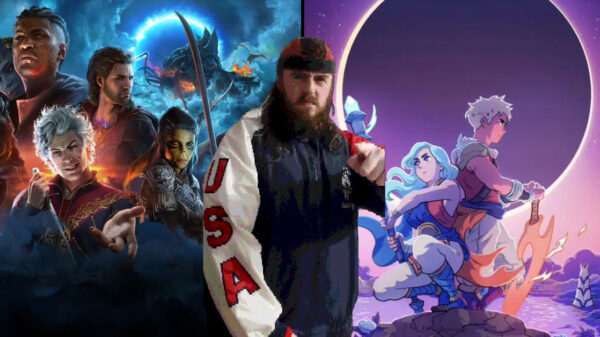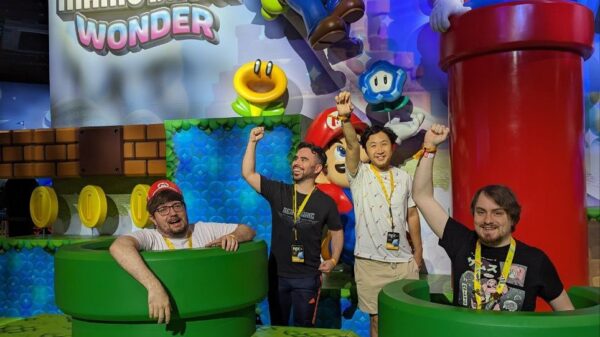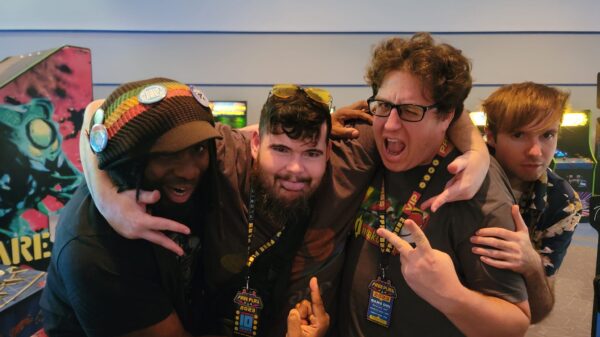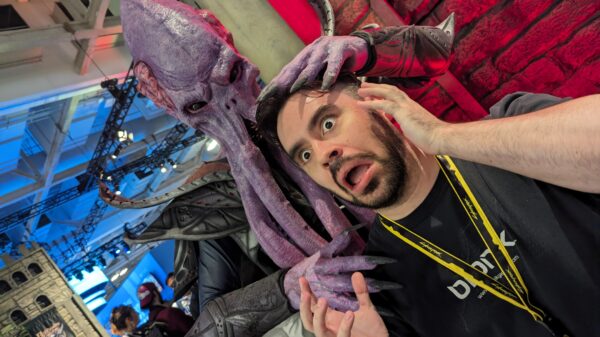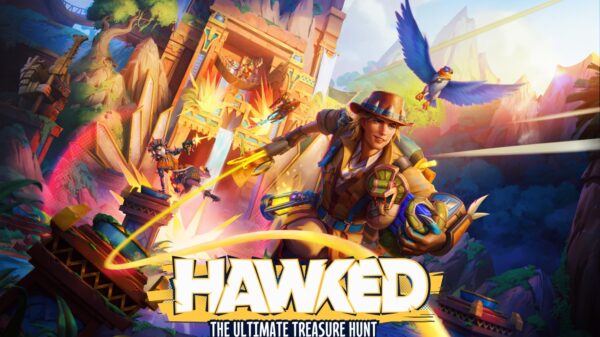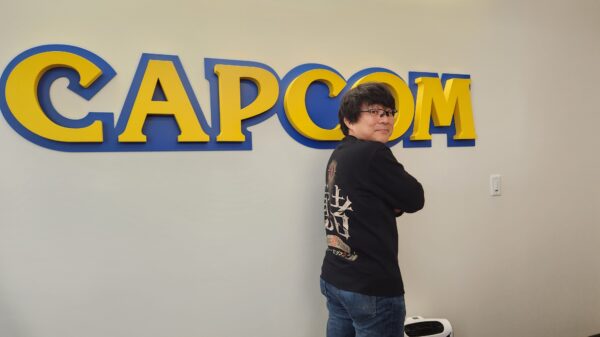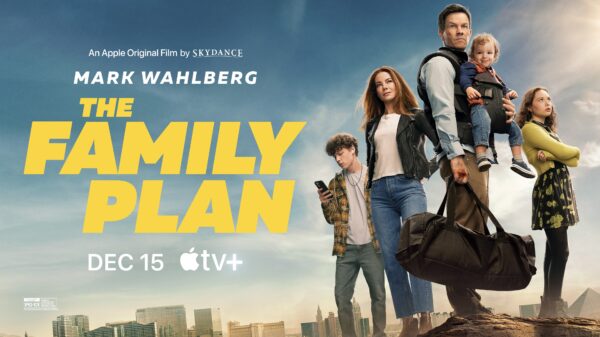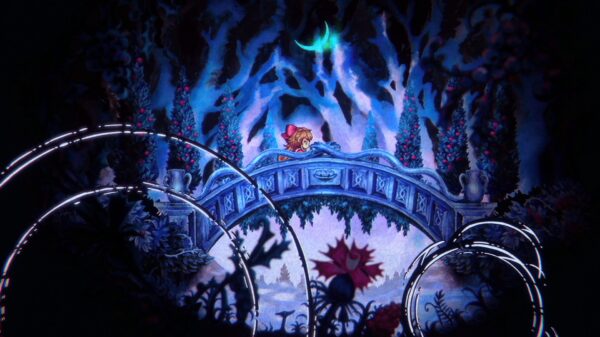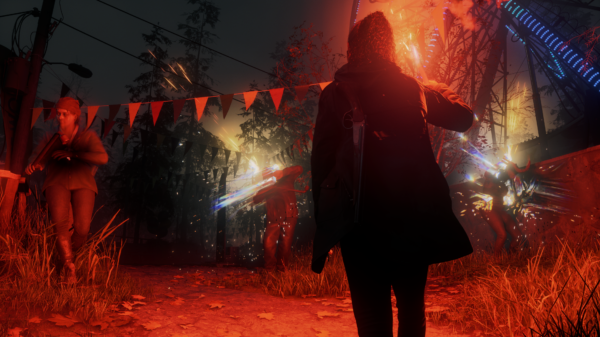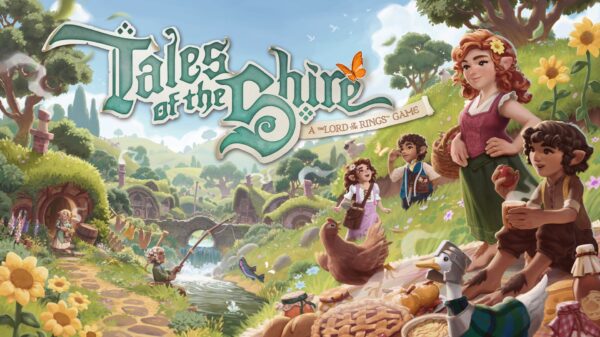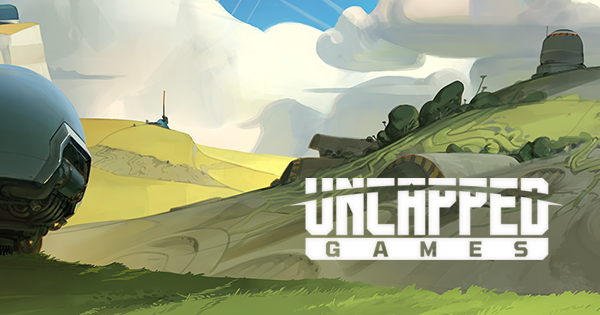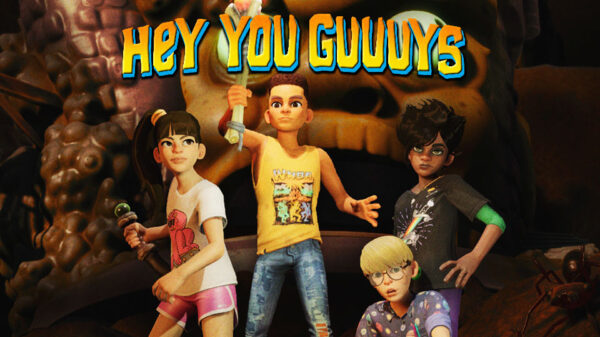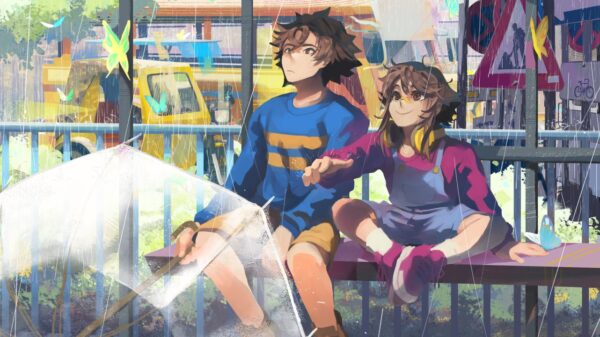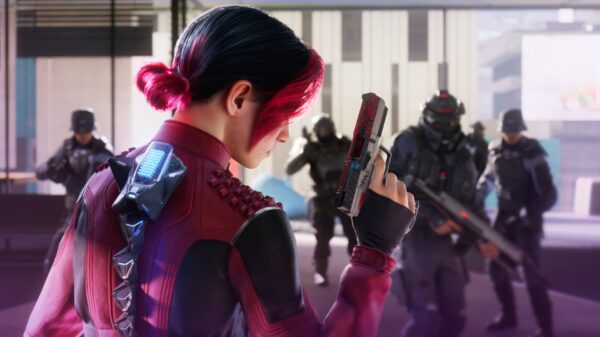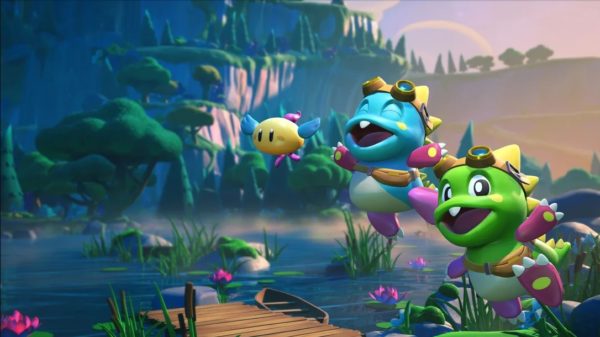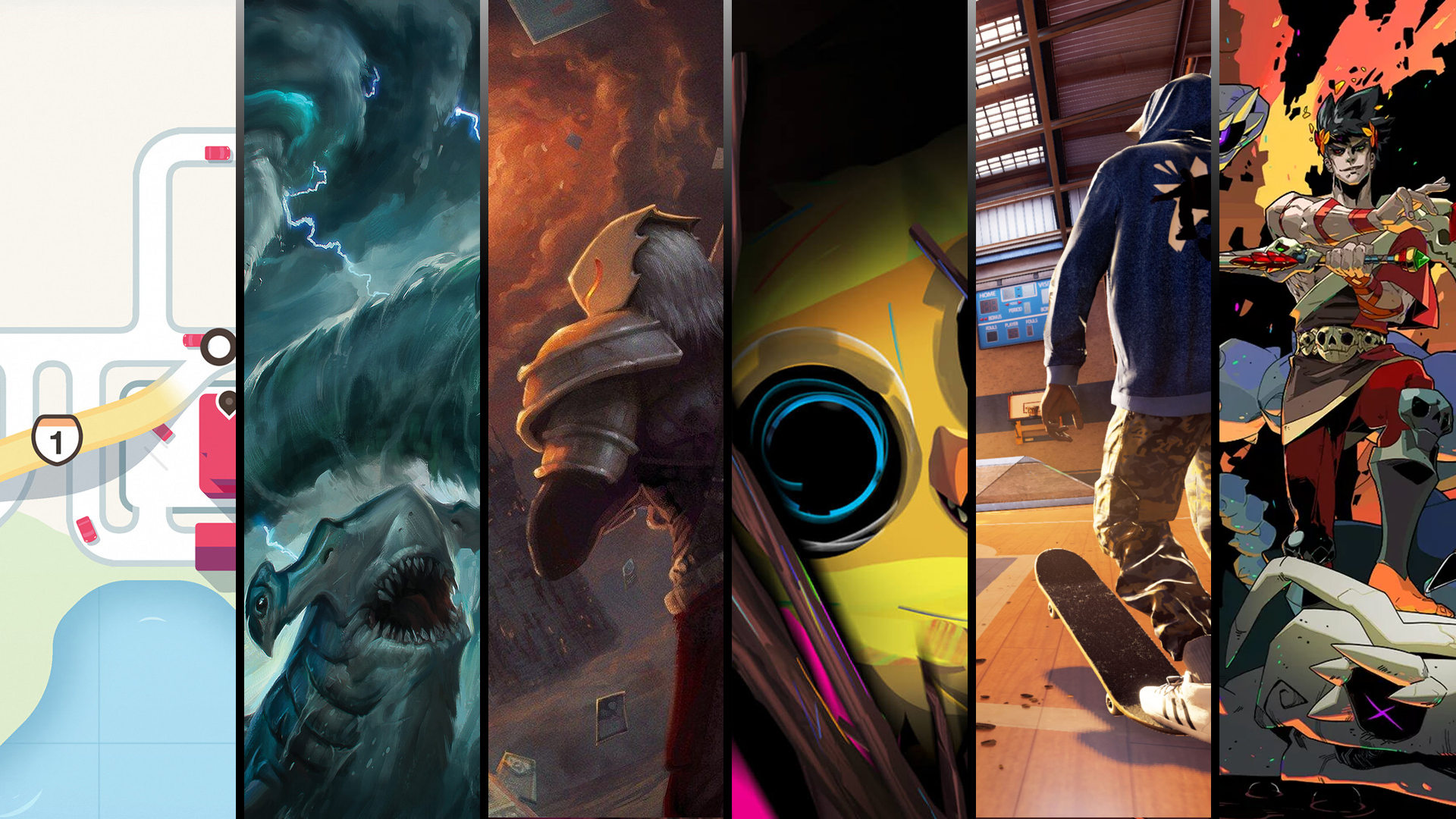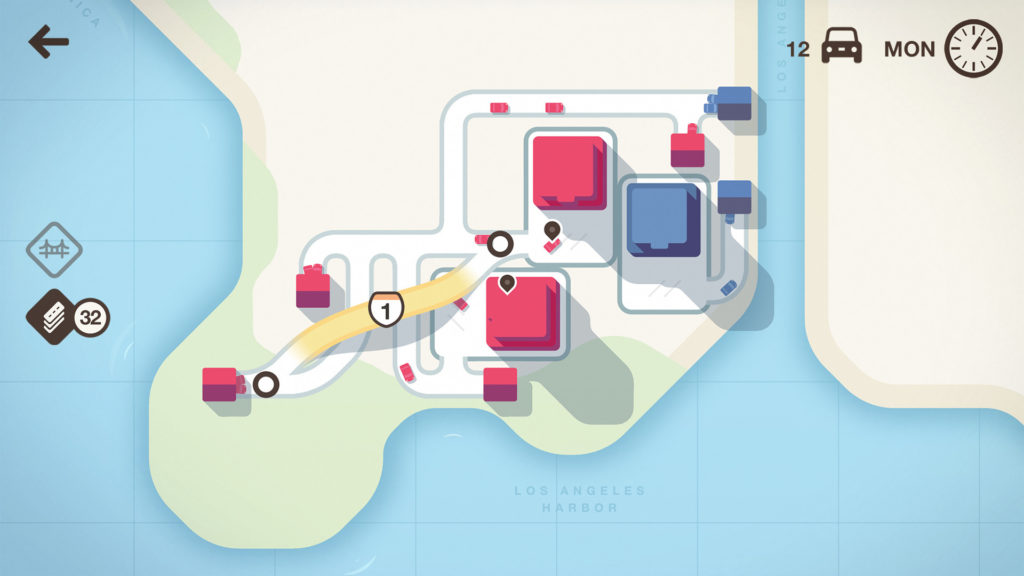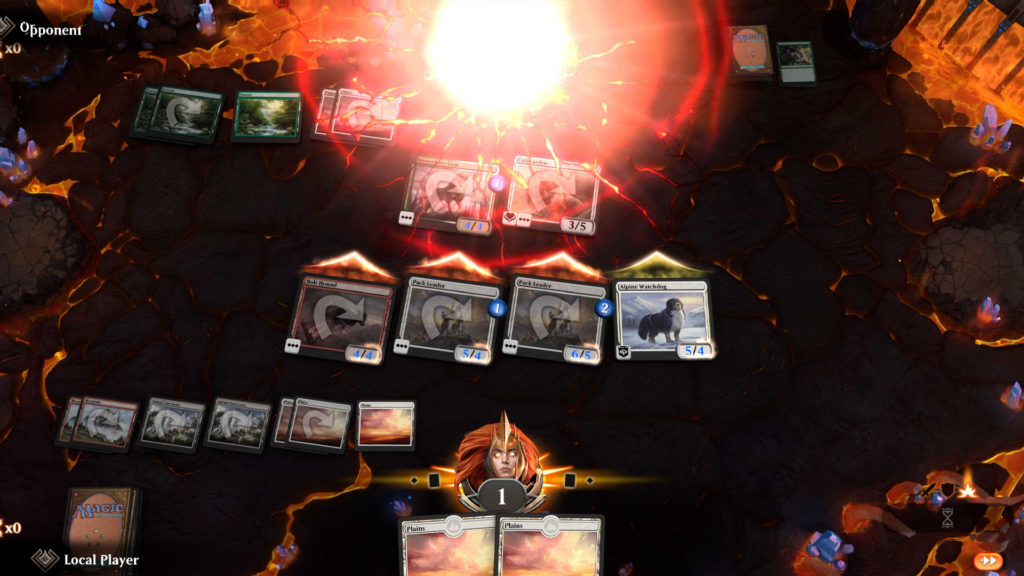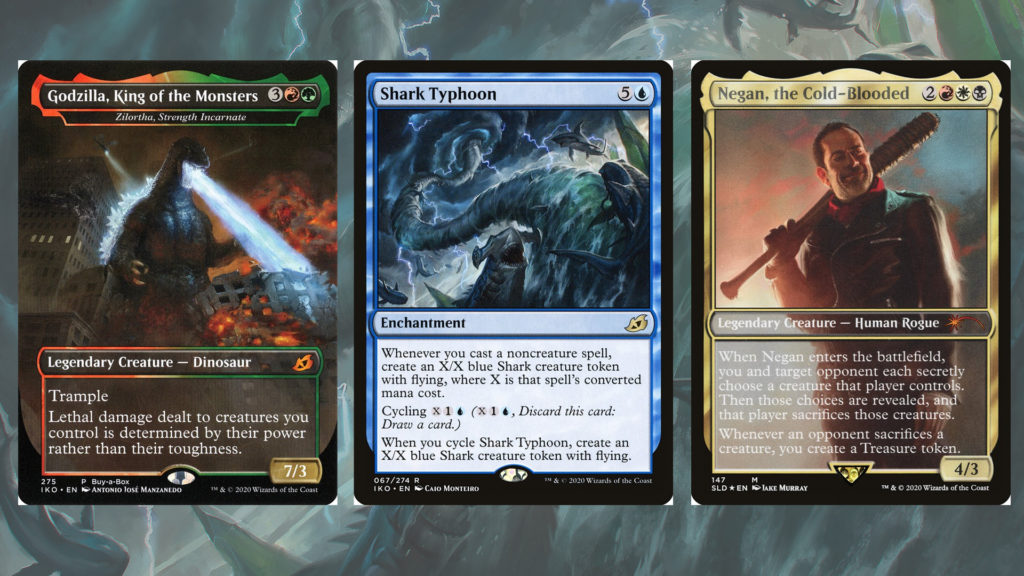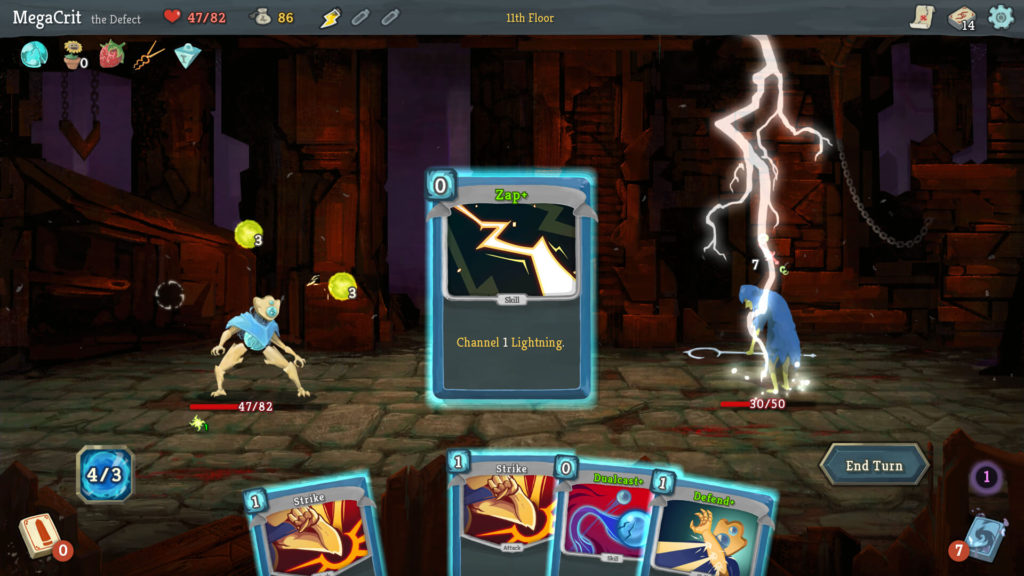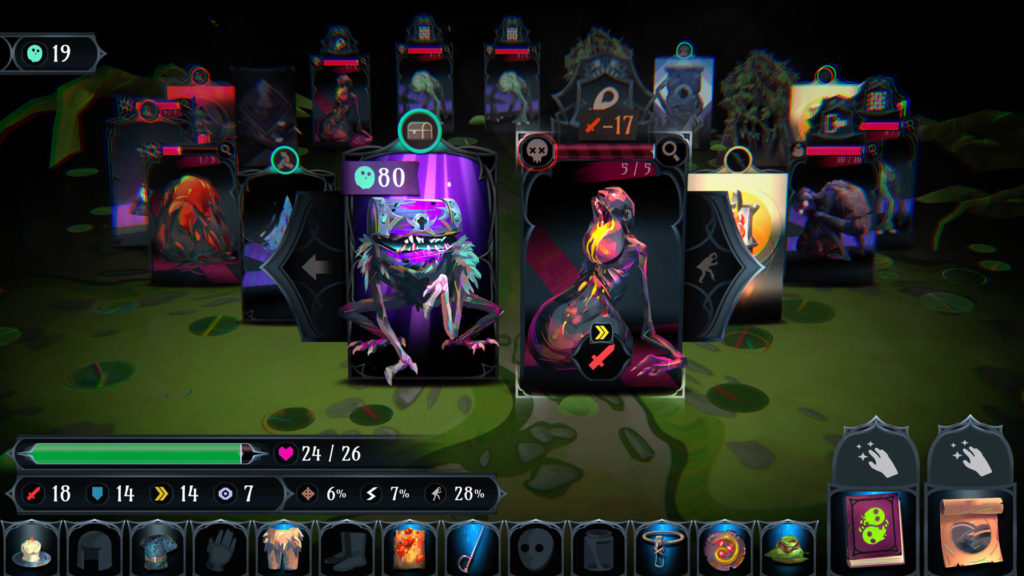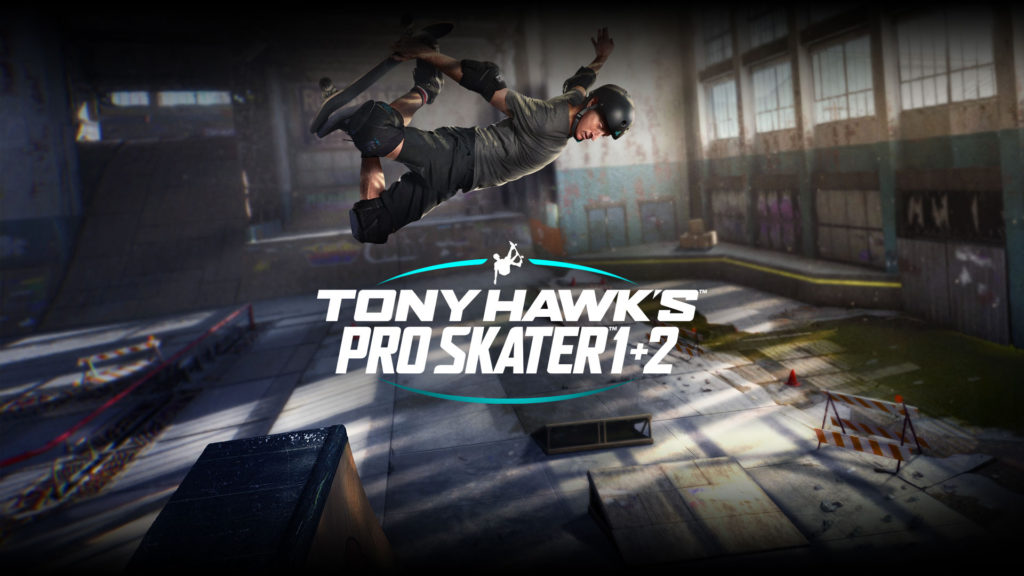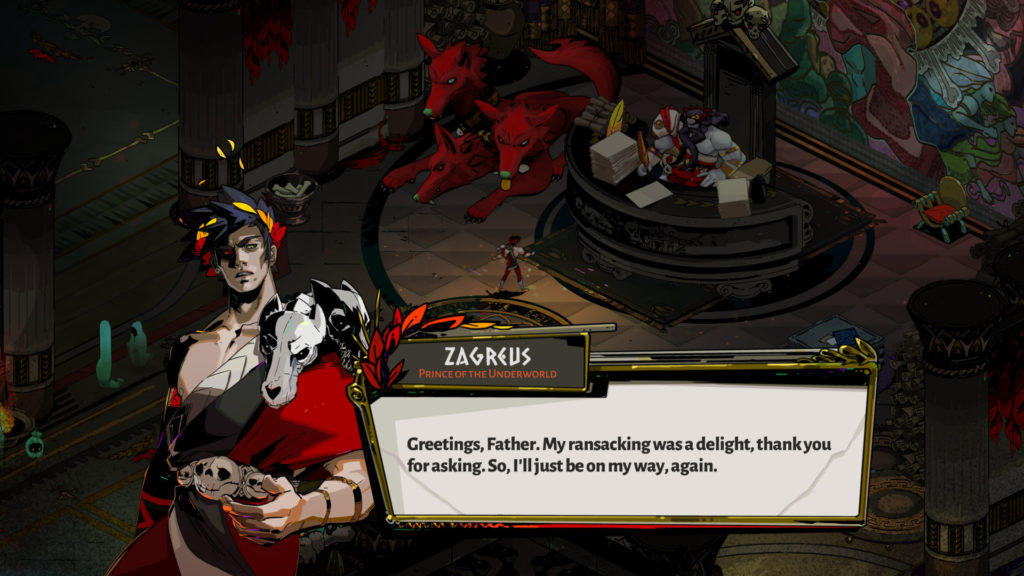With 2020 feeling a bit like the beginning of an apocalypse movie, video games took the role of our safe and cozy bunker, sheltering us from all the bullshit that hailed down around our heads.
In fact, if you are one of those power-gamers that get all of their world news from gaming sites (shout out to Monstervine, the only place to get any of your world news) you might be forgiven for thinking 2020 was one of the most exciting years of all time.
I’m not sure I could count myself among the ranks of power-gamers this year as I really only played a small handful of games that I absolutely fell in love with. In fact I barely touched any of the big game releases and instead just found myself playing an odd handful of games that I discovered almost completely by chance.
So, here’s a list of the six games that got me through this year, how I found them, and why they were so influential.
Mini Motorways (iOS)
Played most: Jan – March
At the start of the year, I made the conscious effort to get back into writing and purchased an iPad so I could bust it out and type whenever the inspiration came to me. Naturally, the iPad did not remain the productivity powerhouse I imagined it would be as I soon realised I had a free month of Apple Arcade included with the device. I knew what I had to download immediately – the follow-up to my favourite mobile game ever, Mini Metro.
In Mini Motorways, you are presented with an ever-growing city and your job is to connect the road network to allow cars to drive between their corresponding buildings. Essentially, it’s an arcade-like resource management game, where you manage your roads and make seemingly simple decisions between getting more bridges, traffic lights or extra road pieces.
Much like Mini Metro before it, Mini Motorways is fun because it’s incredibly clean and easy to pick up and play. You draw lines between two points and a road appears. That’s pretty much it. As you play and fail again and again you begin to understand how a city may unfold and how the tiny choices you can make early on eventually snowball into a mess of a metropolis. If anything, this game gave me a new perspective on city planners and almost helped me forgive whoever designed Sydney’s roads. Almost.
The audio design of this game is a mini marvel to behold. As your city swells in size, so too does the soundscape. Eventually, horns start to blare and a cacophony of motors blast out of your iPad’s speakers to stress just how pissed off everyone is that you can’t plan a decent road. Like Mini Metro before it, this whole audio experience is weirdly meditative, which makes it a perfect game to play before bed or while you’re in a Zoom meeting full of people that make you angry.
After hours of play, I still don’t understand what it is exactly that you should do to make a city that works, but that’s kinda the point. The game is just random and simple enough that it truly captures that “just one more try, I need to beat my high score” feeling and kept me coming back again and again, night after night.
Give it a try and definitely get Mini Metro while you’re at it, they’re both absolutely phenomenal games.
Side note: When COVID19 lockdowns kicked off, I was actually producing a few developer feature stories for ABC’s Good Game: Spawn Point – A kid’s TV show in Australia about video games. Unfortunately, that role was entirely focussed on me flying places so I was left with an 8 week contract and not a whole lot to do. Being so into Mini Metro at the time, I pitched an Apple Arcade review round-up so I could spend a week playing it and not feel bad about wasting time. You can watch the review (and the rest of the episode, which is almost entirely written by me) here.
Magic: The Gathering – Arena (PC)
Played most: April – May
I’ve played thousands of hours of Magic: The Gathering in my life and personally I believe it is the greatest game of all time, but this year, HOOOOWEEE! It was taken to another level (if you didn’t play competitive constructed).
For those of you who don’t know much about Magic, here’s a TLDR on the two main ways to play.
Constructed = you make decks from your collection.
Limited = you make decks from booster packs you open specifically for that tournament. Usually it’s also limited to the cards from a specific set.
Constructed was rife with problems this year with multiple bannings, cards so good they had to errata the rules, oh, and Negan from the Walking Dead is now canonically a Magic: The Gathering character and card. In a game about dragons and wizards. Yikes.
For limited players however, we just got set after set of sweet sweet cards to open and play with, and for me, that goodness absolutely PEAKED with the Ikoria set. Now, it’s certainly not the best set of all time and I think that the latest set, Zendikar Rising, is a better gameplay experience overall, but I’m a simple man with simple pleasures. Ikoria was all about fusing cool creatures together into more powerful super-creatures. It even had alternate art Godzilla cards of some of the key creatures. Oh, and remember the movie Sharknado? Yeah, that has its own card now. And it’s super powerful!.
In a game about wizards firing spells at each other, I’m the guy who’d prefer to just make a big fat creature with lots of STATS and hit you with it. Ikoria was the most Tobias Venus Magic set of all time and I played the HELL out of Magic: Arena during that period.
But why should you care? Well, it seems Magic design is going down a road that brings it more in line with games like Hearthstone, making the digital experience as fun and smooth as possible.
Honestly, it felt like every set had mechanics designed specifically to smooth the game out and just give players more options, no matter what card they drew. In Theros, you could play cards from the graveyard. In Ikoria, you could discard some cards to draw new ones. In Zendikar Rising, you can play some spells as mana sources instead.
I can sense old-school Magic players might not love this angle, but in my opinion, it’s this approach that makes it an awesome time to get into the game if you’ve never touched it before.
Combine this game design philosophy with the digital platform taking care of the rules for you, and you’ve got a pretty pick-up-and-play version of Magic that never really existed until now.
Back in the day, the rules really punished you if you didn’t draw the right cards or know every single interaction. On top of that, sitting down to play Magic, even online, was usually a 3 hour commitment with heaps of downtime between games. Now you can play 3-6 games in the space of half an hour.
I do want to stress, it’s not the same experience as it is in person and for many, it’s the social aspect (the Gathering if you will) of Magic that makes it such a compelling game. Heck, I wrote my whole Honours thesis back in 2014 about why playing Magic: The Gathering in person was such a powerful experience.
But if you’re the sort of person who loves exploring game mechanics and fiddling with card interactions, now is absolutely the best time to get into Magic: The Gathering Arena.
Slay the Spire (Switch)
Played most: June – July
So we’ve already established I love Magic: The Gathering but what happens when you take deck building and throw that into a turn-based Rogue-like?
You get Slay the Spire, a game that is almost designed specifically to keep me playing for hours.
Slay the Spire completely slipped under my radar when it came out in 2017, but it was a random Twitter post from a friend of a friend that made me stop doom-scrolling and think “Holy shit, I have to download this thing right now.” I was not disappointed.
Essentially, you start with one of 4 characters and a deck of cards that represent basic RPG moves like attack or block. Each time you win an encounter, you get to pick from one of three cards to add to your deck. You then proceed to the next room to do it over again. With each room cleared, your deck grows stronger.
As you play, it quickly becomes apparent that each character has a bunch of specific builds you can aim for that prioritise certain strategies. The rogue (named Silent) has a poison theme but also a “play as many low cost cards as possible” theme. The warrior (Ironclad) has “lots of armour” and “lots of damage” themes.
The trick with this game (and what makes it so endlessly replayable) is knowing when to pick your cards and how to maximise the effectiveness of those picks with collectible relics (items that give you passive abilities) and other various choices you can make along the way. Putting together a build that maximises all of your choices feels so immensely satisfying when you complete a run.
It’s that perfect balance of endless variance mixed with informed strategic choices that makes this game a perfect example of the (hopefully growing) CCG x Rogue-like genre. You feel smart when you pull off a play-through but you never feel too burned by randomness.
Definitely try it if you’re looking for a game from either of those genres to sink your teeth into.
Ring of Pain Demo (PC)
Played most: August
Guess what genre this one is?
Yeah it’s a card based Rogue-like but, stay with me here, in this one the cards are the enemies, items and rooms! There is no deck building.
Just before PAX Online, ReedPop Australia asked me and the Those Wizards crew to put together a few videos in the lead up to the mammoth 9 day event. One of the main features was an hour-long feature focussing on what some Australian game devs had gotten up to during lockdown. The first person we spoke to was Simon Boxer, the dev behind this very interesting indie title. You can watch the full interview here. It features interviews with a bunch of other Aussie devs too, all with incredible games on the way.
After our interview, Simon linked me to the demo and… well, let’s just say I had a lot of game footage for our editor. The demo was amazing, fun and right up my alley.
The game presents you with a ring of cards that represent enemies, doorways and items. The goal here is to clear the room by choosing to move through cards in the ring in a particular order. All the usual Rogue-like elements are here with item-collecting, secret rooms and the ever-looming presence of perma-death.
Simon mentions in the interview that he was an artist before he was designing full games, and that really shines through in the artistic direction of this game. It’s a style that I’ve not quite seen before or since, and it’s uniquely his own. This makes play-throughs that much more compelling because I honestly don’t know what I’m going to see next.
While writing this article, I actually realised the game had quietly released back in October and I completely missed it! I’ve purchased the full title and am keen to sink more time into it over the Christmas break, but for now I can safely say just based on the demo, it’s well worth the price. Definitely take a look if you’re wanting something super unique.
Tony Hawk’s Pro Skater 1+2 (PC)
Played most: September
Yes, just when you thought I only play card games and Rogue-likes, here’s a remake of an arcade style sports game to throw in the mix.
September saw the release of a game I definitely only bought due to nostalgia. I played so many hours of every single Tony Hawk’s Pro Skater game when I was a kid and I can point to that series as one of the most influential video games of my entire life, despite me never having tried to skateboard or being cool enough to know any of the music.
This game came at a pretty weird time for me. I bought the game while the Those Wizards team was running the Australian shift for PAX Online. We had a spare monitor sitting around and while we worked very hard that week, there was also a lot of down-time between segments. Being surrounded by videogame content for that long, it seemed only fair that I’d get some gaming time in over those 9 days. The arcade style gameplay of THPS was perfect, and I just had it running on my gaming laptop in the corner of the room and would pick it up whenever I had a moment. It was a pretty rad deal.
As soon as I spun it up and the 90’s music with accompanying skate footage kicked in, my brain transported me back in front of my CRT playing the THPS demo on a PlayStation 1 (I think it was even just called the PlayStation at the time, weird).
As I jumped into a beautiful new rendering of The Warehouse while Superman by Goldfinger blared, my fingers, possessed by 10 year old Toby, began to control the game on their own and I ticked off a few of the first missions straight away. I was amazed I still remembered how the game worked but that muscle memory is all there, and the remake itself is so close to the original in gameplay, I didn’t have to re-learn much at all.
It felt amazing to be back on the digital board and I played it heavily for a few weeks in September, but it was that single moment of nostalgia – turning the game on and bringing back all those childhood memories, that really left a lasting impact on me for the rest of the year.
The THPS games, more than most, don’t exist in a vacuum. They exist as part of the larger cultural phenomenon of skating and the real people involved in that space. While I still don’t skateboard and never had, I’ve since watched a bunch of skating docos, gone back through heaps of Tony Hawk videos on YouTube and listened to the entire soundtrack on repeat. I may not be playing THPS1+2 anymore but I sure am listening to Ska again, and that’s not an influence many video games can claim.
If you used to play THPS and want a bit of nostalgia hit, I highly recommend giving this a go, even if it is just to relive your Ska days. It’s as fun as it was 20 years ago, just with shinier graphics, and the new additions only add to the experience (and honestly, you can ignore most of that stuff if it’s not your jam).
If you’re new to the series, it’s really up to if you like arcade style games or not. If you are a fan of short bursts of high score chasing and exploration, this is still an awesome title to try out and see what all the fuss is about.
Okay, now back to Rogue-likes.
Hades (Switch)
Played most: October – Dec
Hades. An absolute masterpiece of a game and easily now one of my favourite games of all time. The gameplay, the story, the music, the art. Wow. It really is that good.
There are plenty of reasons why Hades is one of the best games of all time, but that maybe deserves its own article. Let me focus on the most interesting reason why it’s so good – how tightly Supergiant games have managed to intertwine the mechanics of a Rogue-like RPG with their Greek mythology inspired story and characters.
Like most Rogue-likes, you fight, you die, and you get a little better at the game but unlike a lot of Rogue-likes, the story carries on and your character grows their abilities. The other characters even remember what you’ve done and you build relationships with them all as you progress. I’d venture to say that dying is the best part of this game because you get to come back and talk to everyone and see what new toys you’ve got to play with.
I’m sure there’s an official term for this, but that beautiful cohesion between game mechanics, story, and character design just clicks and makes my brain feel very good. Everything you see and do feels authentic in the game world and not overly gamey despite all the obvious gaminess like the 7 different currencies, unlockables and boss battles. It all just makes so much sense and I love it.
Since I downloaded it in early October from the recommendation of a co-worker, it has quickly become my most played game of the year. I cannot put it down, and personally for the first time in many years, I’ve found a game that I want to 100%. I just don’t want it to end, and hey, technically it won’t, because it’s a Rogue-like!
If you play one game on this list, make it Hades. It’s an exceptional example of how video games and games systems themselves can be masterfully crafted pieces of art. Even if this style of game isn’t your thing, you’ll find something to love here.
These are the six games that kept me busy in a year that really did need a distraction or six from the real world.
If this year has taught me anything it’s that the most meaningful games aren’t found on the side of busses, but in obscure tweets, with a co-worker’s recommendation, or in long-held nostalgia. Ask your friends what they’re playing, see what your local development scene is doing and support them, or even just see if a beloved game from your childhood is getting remade.
Arguing about videogames on the internet may be fun, but discovering a good game that you’ll love forever is far funner.

